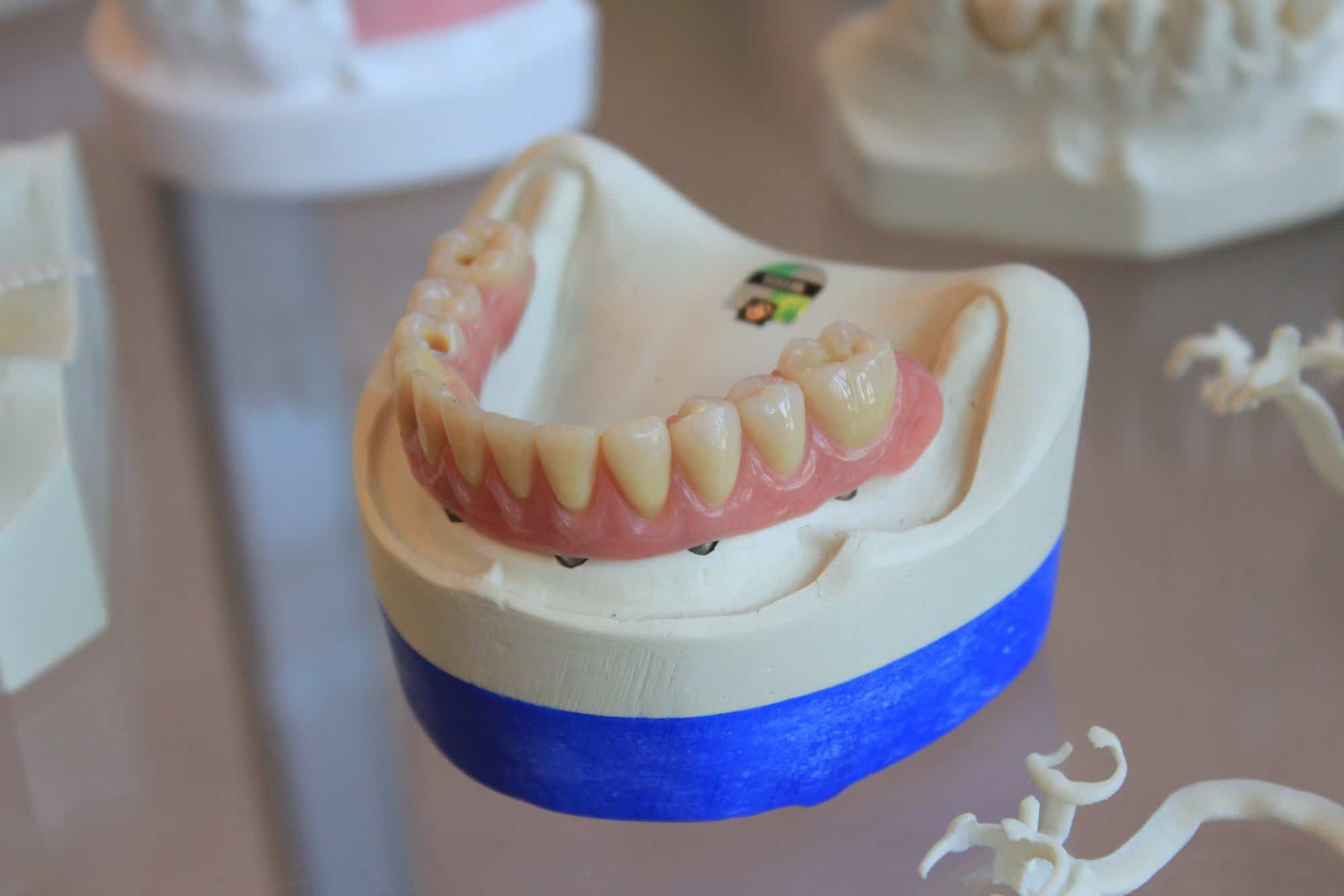
Why Are My Gums Bleeding, And Should I Be Worried?
Did you recently notice you have bleeding gums? You may feel worried and unsure of what you should do. Knowing what to do to help your gums stop bleeding and what to do to prevent bleeding gums can help ensure you are taking good care of your oral health.
Bleeding gums is relatively common. If you notice a little blood after brushing or flossing your teeth, which can irritate sensitive gums, you want to ensure that you do not allow it to progress. Gum bleeding is often not severe and can be treated at home through good oral hygiene.
This article will discuss the causes, treatments, and how to know when it is time to seek professional help when you have bleeding gums.
Common Causes Of Bleeding Gums
There are various causes of sensitivity or bleeding in your gums, including;
- Plaque or tartar buildup
- Not brushing your teeth often enough or at least twice a day
- Using a toothbrush that is too hard or too stiff
- Using an old frayed, worn toothbrush that no longer cleans your teeth effectively
- Flossing your teeth roughly instead of pushing them gently down and hugging the sides of each tooth
- Some medications, such as blood thinners, aspirin, or ibuprofen, can increase your chances of developing bleeding gums
- Having gingivitis or the beginning stages of gum disease
Ways To Stop And Prevent Bleeding Gums
1. Warm Salt Water and Rinse
Rinsing your mouth with warm salt water can help to speed up your healing and reduce bacteria. Swish the salt rinse in your mouth and repeat this several times daily.
2. Turmeric Paste
Turmeric has natural anti-inflammatory effects and is a natural antibacterial. Applying a turmeric paste to your gums may help improve symptoms of gingivitis and bleeding gums. Just be careful because turmeric is yellow, and while it will not stain your teeth, it may stay in your clothing.
3. Mouthwash
Antibacterial mouthwash can help kill bacteria, reduce inflammation, soothe sore or swollen and bleeding gums, and can also help prevent bleeding gums. Mouthwash can also treat and avoid ginger right gingivitis, a common cause of bleeding gums.
4. Ice
Should your gums become swollen, you can hold a small ice pack on your bleeding gums to help soothe them. Use the ice for about 10 minutes, and then take a 10-minute break.
5. Gauze
If necessary, you can help stop the bleeding immediately by holding damp, clean gauze up against the affected area.
6. Get the Correct Toothbrush
If you have sensitive gums, be sure that your toothbrush is extra soft or sensitive, as firm or medium is often too rough for the gums. Replace your toothbrush every 3 to 4 months or sooner if the bristles begin to look frayed.
7. Flossing Gently Daily
In the beginning, you may notice that your gums bleed more than expected as they are not used to the stimulation; however, after a few days of consistent flossing, the bleeding of your gums should stop. Regular flossing also helps to reduce completing overtime and improves your overall oral health.
8. Avoid Smoking
Smoking is a leading cause of gum disease. Also, it damages the body’s immune system making it more difficult to fight off the bacteria that naturally stick to the gums. Once the gums are damaged, smoking makes it harder for the body to heal.
9. Oil Pulling
An ancient Ayurvedic medicine, the practice of oil pulling involves swishing a coconut or sesame oil in the mouth for up to 20 minutes and then spitting it out and repeating this process weekly.
10. Avoid Sugary and Processed Foods
Eating processed and sugary food often may increase your chances of developing gingivitis and lead to gum inflammation, bleeding, and tooth decay.
11. Eating Crunchy Vegetables
Celery, carrots, or other crunchy vegetables can help keep teeth cleaner between meals by helping remove food residue from your teeth. They also contain very little sugar and carbs, so they do not contribute to gum problems or tooth decay.
Also, leafy greens such as spinach, kale, and lettuce are excellent sources of essential nutrients, and make sure to include plenty of other fresh fruits and vegetables.
12. Regular Dentist Visits
By getting regular cleanings on your teeth and having tartar and plaque removed, you will minimize your chances of developing bleeding gums and more severe cases of gingivitis and gum disease.
When To See A Dentist
Anytime you notice changes in your teeth, gums, or mouth; you need to make an appointment with your dentist as soon as possible.
Bleeding gums, redness, swelling, fever, and pain should not be an everyday occurrence, and if you are experiencing these symptoms frequently and it does not go away with improved oral hygiene, it is time to see a dentist.
Various medical issues can contribute to bleeding gums, such as certain vitamin deficiencies of vitamins C or K or pregnancy. Regular dental appointments allow your dentist to identify more significant oral health issues in the early stages, such as mouth cancer.
For The Best Preventative Oral Health Care, See The Experts At Carrie Muzny DDS
At Carrie Muzny DDS, our highly trained dentists, and friendly staff will ensure your visit and your smile the best possible. We serve The Woodlands and the surrounding area, offering preventative family dentistry, restorative and cosmetic dentistry, and surgical procedures. Contact us today, and let us help you get and maintain that perfect smile.

